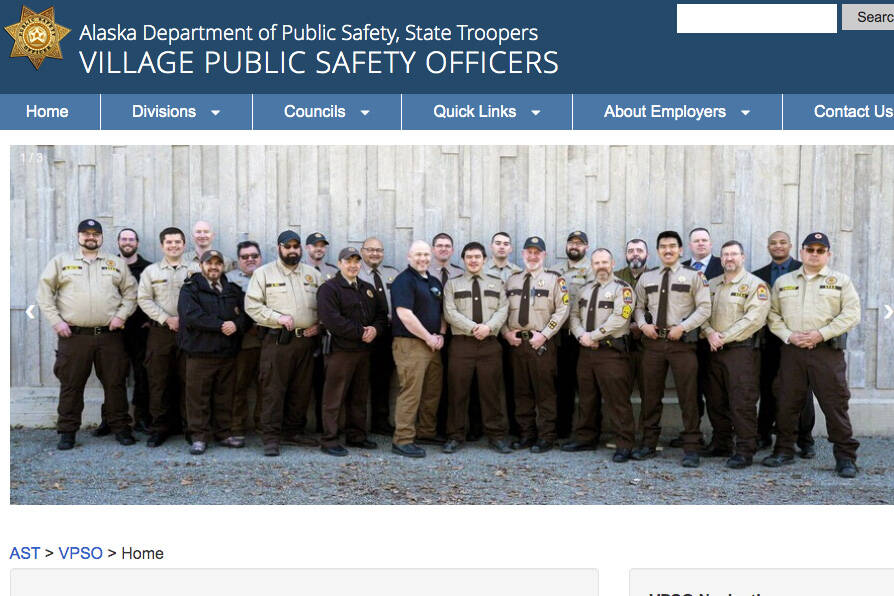Under Gov. Mike Dunleavy’s leadership and with reliable funding from the Alaska Legislature, Alaska’s Village Public Safety Officer (VPSO) program has experienced substantial growth, reflecting Alaska’s commitment to public safety across its communities. The number of VPSOs working in our remote communities was once at 42 officers in January 2020 and has grown to a current total of 79; along with the introduction of Regional Public Safety Officers (RPSOs) and competitive wage adjustments, the VPSO program has become more robust and better equipped to serve the needs of rural Alaska.
This increase in officer numbers is a significant accomplishment, expanding the safety network across Alaska’s rural communities. Each new VPSO represents not only an additional first responder but also a vital resource for residents in need of emergency response, search and rescue, and community safety support. By nearly doubling the number of officers in just a few years, the program has strengthened statewide readiness and improved the capacity to address Alaska’s unique rural challenges.
A key initiative supporting this growth has been the addition of Regional Public Safety Officers. RPSOs enhance the effectiveness of local VPSOs by providing a layer of specialized regional support, acting as a resource that multiple communities can rely on in times of need. They can respond quickly with the Alaska State Troopers to large-scale incidents, provide backup to VPSOs during demanding situations, and share essential resources across multiple villages. This novel regional approach ensures that communities have comprehensive public safety coverage including their local VPSO, regional RPSO, and the Alaska State Troopers
Another major factor in the VPSO program’s expansion has been the increase in wages, making the role more competitive and sustainable as a career. Recognizing the high costs of living and the challenges of public safety work in rural Alaska, recent adjustments to VPSO compensation have made these positions more appealing to qualified candidates and have strengthened officer retention. This increase underscores the commitment required of VPSOs, who serve as the primary responders for some of Alaska’s most isolated communities. By offering competitive pay, the program attracts skilled individuals committed to public safety, building a more dedicated workforce equipped to serve Alaska’s rural residents.
These improvements in staffing, regional support through RPSOs, and wage enhancements have created a VPSO program that is more resilient and adaptable than ever before. VPSOs provide critical services to safeguard the well-being of residents, and the increased investment in personnel and resources underscores Alaska’s dedication to supporting its rural communities.
Looking ahead, the VPSO program will continue to focus on these priorities to ensure that Alaska’s rural communities have the support they need. We remain committed to working closely with Governor Dunleavy, the Legislature, the regional VPSO grantees, and Alaska’s villages to ensure that every village that wants a VPSO can have a VPSO.
James Hoelscher is currently the director of the Alaska Department of Public Safety’s Village Public Safety Officer Operations Division. He previously worked as the chief of police in the Village of Hooper Bay, as a Village Public Safety Officer in Hooper Bay, and for the Alaska Alcohol and Marijuana Control Office.

